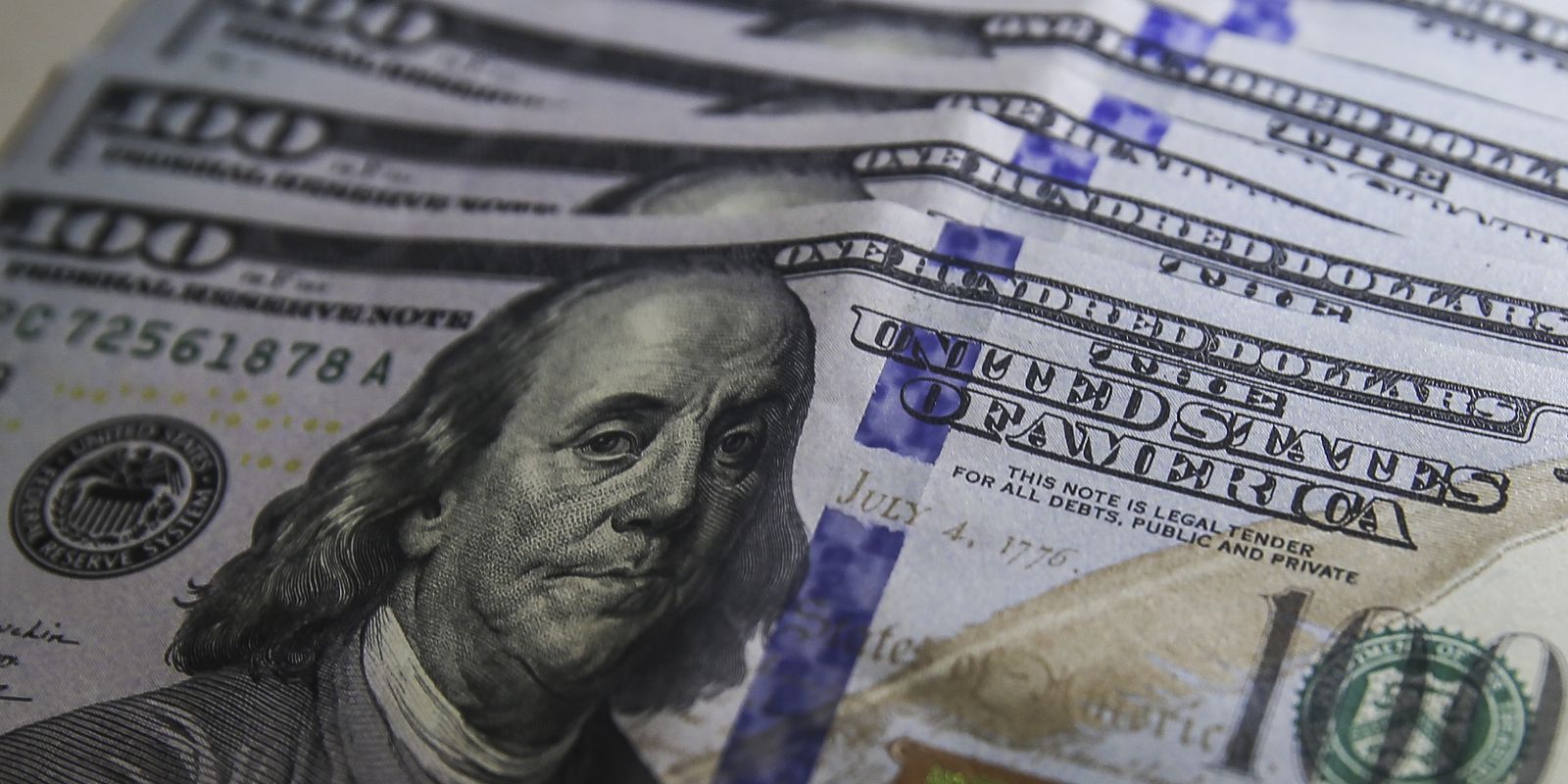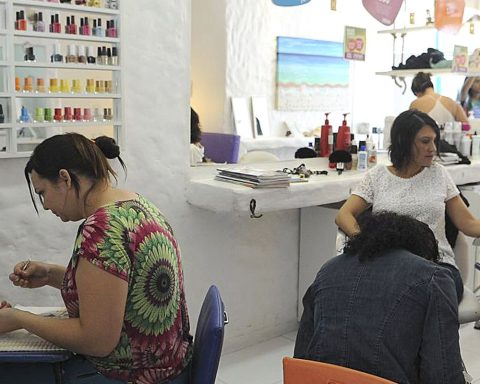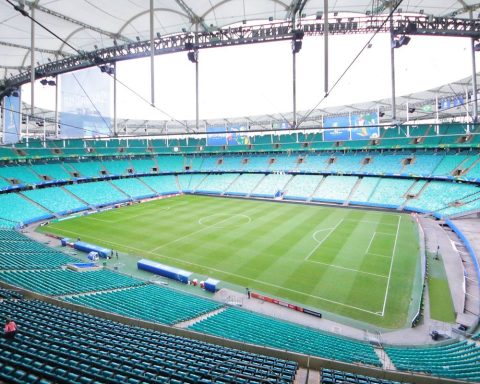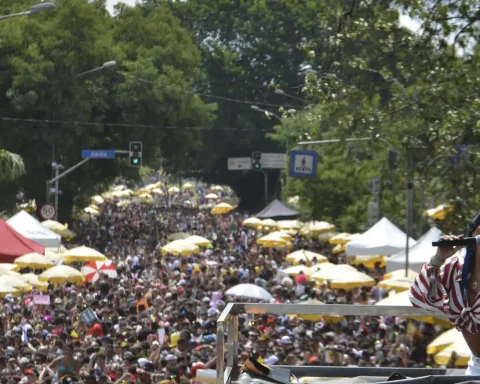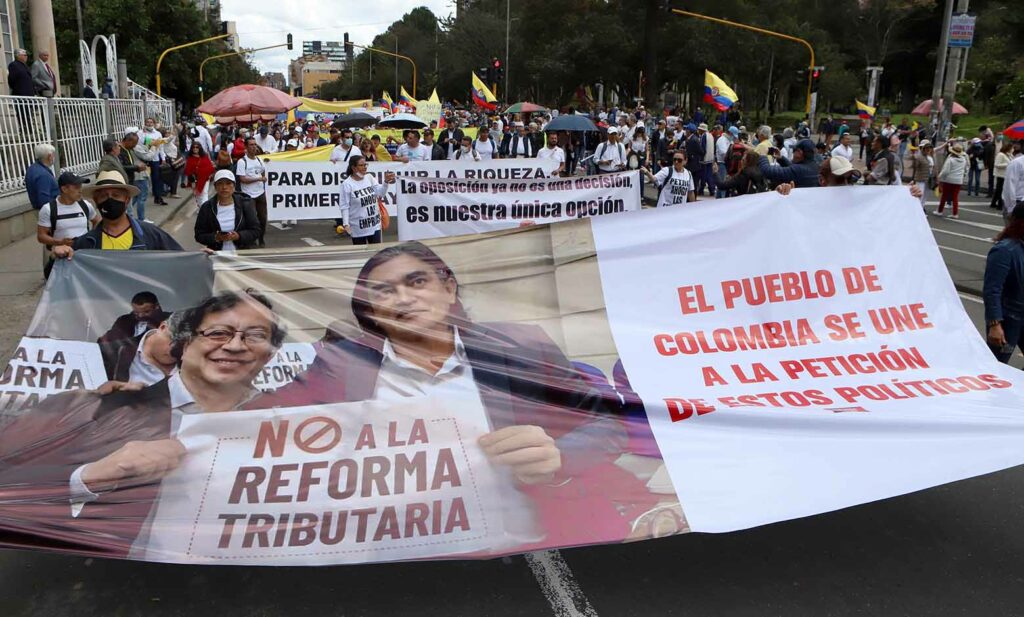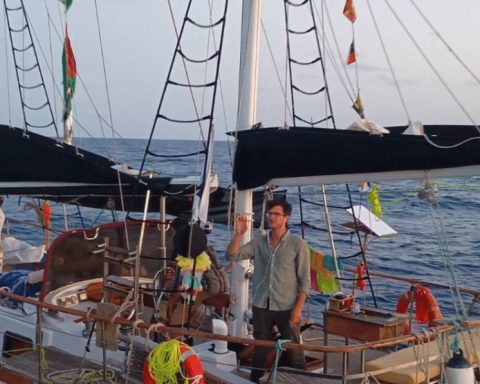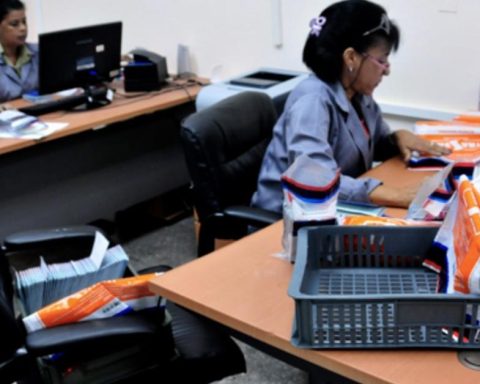The external accounts had a negative balance of US$ 4.136 billion in July, informed the Central Bank (BC) today (26). In the same month of 2021, the deficit had been US$ 1.175 billion in current transactions, which are purchases and sales of goods and services and income transfers with other countries.
The difference in the year-on-year comparison is due to the result of the trade surplus, which reduced US$ 2.1 billion, while the deficits in services and primary income (profits and dividends) increased by US$ 790 million and US$ 179 million, respectively.
In the 12 months ending in July, the current account deficit is US$ 36.585 billion, 2.08% of the Gross Domestic Product (GDP, the sum of goods and services produced in the country), compared to a negative balance of US$ 33.623 billion. (1.92% of GDP) in June 2022 and a deficit of US$ 20.880 billion (1.37% of GDP) in the equivalent period ending in July 2021.
For the year, the deficit is US$ 18.411 billion, against a negative balance of US$ 9.752 billion from January to July 2021.
Trade balance and services
Exports of goods totaled US$ 30.226 billion in July, an increase of 17.4% compared to the same month of 2021. Imports totaled US$ 26.072 billion, an increase of 33.8% compared to July last year. With these results, the trade balance closed with a surplus of US$ 4.154 billion in July, compared to a positive balance of US$ 6.262 billion in July 2021.
The deficit in the services account (international travel, transport, equipment rental and insurance, among others) totaled US$ 2.122 billion in July, an increase of 59.2% compared to US$ 1.333 billion in the same month of 2021.
In line with the expansion in the volume of foreign trade, net transportation expenses increased significantly by 166.3%, year-on-year, from US$ 273 million in July 2021 to US$ 726 million in July this year.
In the case of international travel, following the trend of recent months, revenues from foreigners traveling to Brazil grew 74.4% year-on-year and reached US$ 389 million, while expenses from Brazilians abroad increased 132.1% and stood at US$ 1.049 billion. As a result, the travel account ended the month with a deficit of US$ 661 million, compared to a deficit of US$ 229 million in July 2021, contributing to increase the deficit in services.
According to the BC, this was an account greatly affected by the restrictions imposed by the covid-19 pandemic and exchange rates, but it has been recovering.
rents
In July 2022, the deficit in primary income (profits and dividends, interest payments and salaries) reached US$ 6.535 billion, relatively stable compared to US$ 6.356 billion in the same month of 2021. Normally, this account is in deficit, since that there are more investments by foreigners in Brazil, who remit profits abroad, than by Brazilians abroad.
In the case of profits and dividends associated with direct and portfolio investments, there was a deficit of US$ 3.576 billion in July this year, compared to the US$ 2.866 billion observed in July 2021. Net interest expenses increased from US$ 3.499 billion to US$ 2.970 billion. The reduction in interest was concentrated in operations of companies of the same economic group, according to the BC.
The secondary income account (generated in one economy and distributed to another, such as donations and remittances of dollars, without consideration for services or goods) had a positive result of US$ 368 million, against US$ 252 million in July 2021.
investments
Net inflows in direct investments in the country (IDP) totaled US$ 7.723 billion in July, compared to US$ 6.646 billion in July 2021, spread across several sectors of the economy. There were net inflows in capital participation, US$ 5.582 billion, such as the purchase of new companies and reinvestment of profits. Meanwhile, intercompany operations (such as loans from the parent company abroad to the branch in Brazil) had a surplus of US$ 2.140 billion.
In the 12 months ending July 2021, IDP totaled US$65.603 billion, corresponding to 3.73% of GDP, compared to US$64.526 billion (3.69% of GDP) in the previous month and US$44.933 billion ( 2.95% of GDP) in July 2021.
When the country registers a negative balance in current transactions, it needs to cover the deficit with investments or loans abroad. The best way to finance the negative balance is the IDP, because the resources are invested in the productive sector and are usually long-term investments.
The stock of international reserves reached US$ 346.403 billion in July 2021, an increase of US$ 4.4 billion compared to the previous month.
The result was due to the negative contribution of variations in parity, US$ 1.240 billion, partially offset by the positive contributions of variations in prices, US$ 487 million, and interest income, US$ 431 million. The result was mainly due to price variations and interest income, which contributed to increase the stock by US$ 3.875 billion and US$ 540 million, respectively, partially offset by the negative contribution of variations by parity, US$ 592 million.
